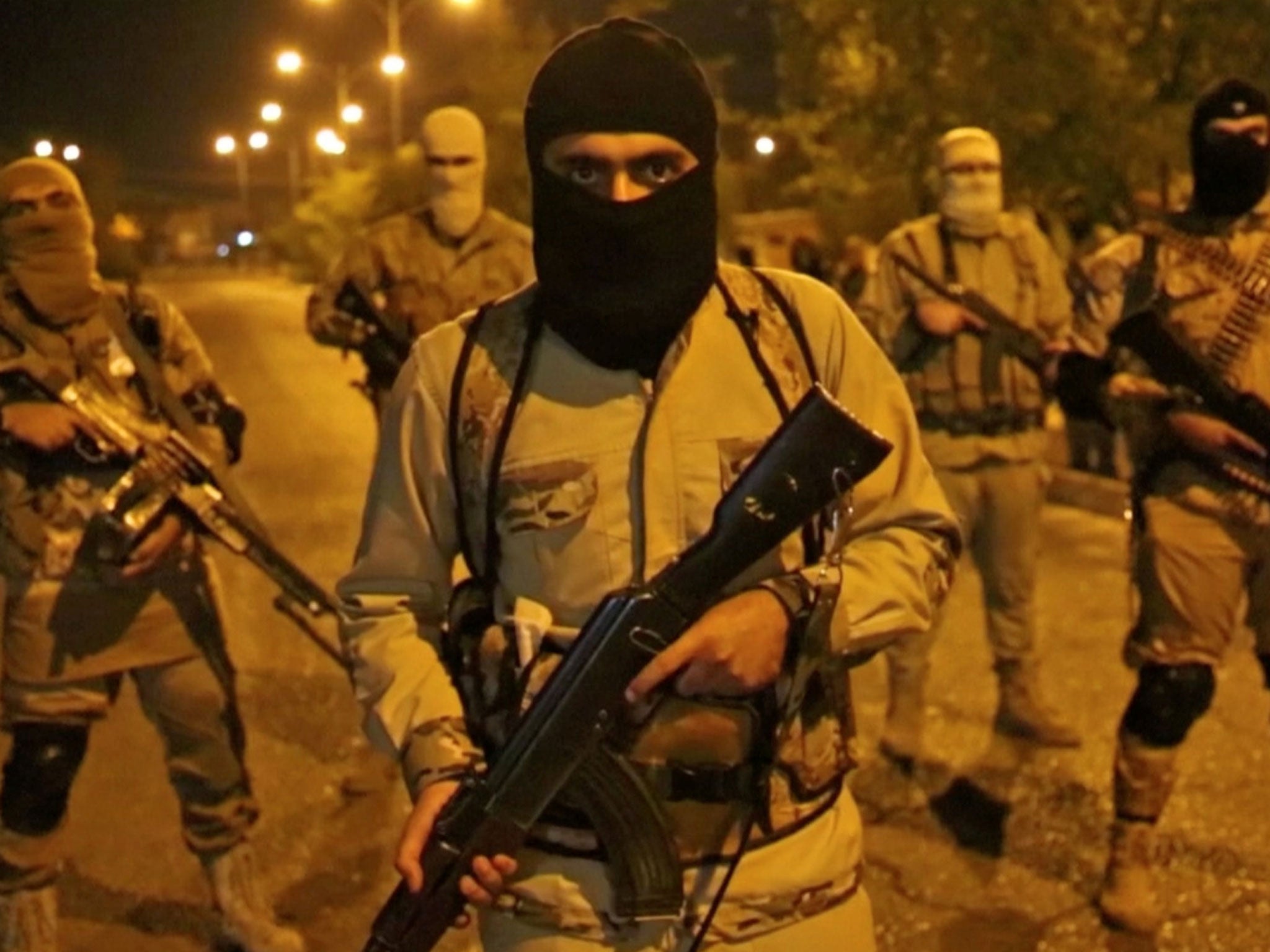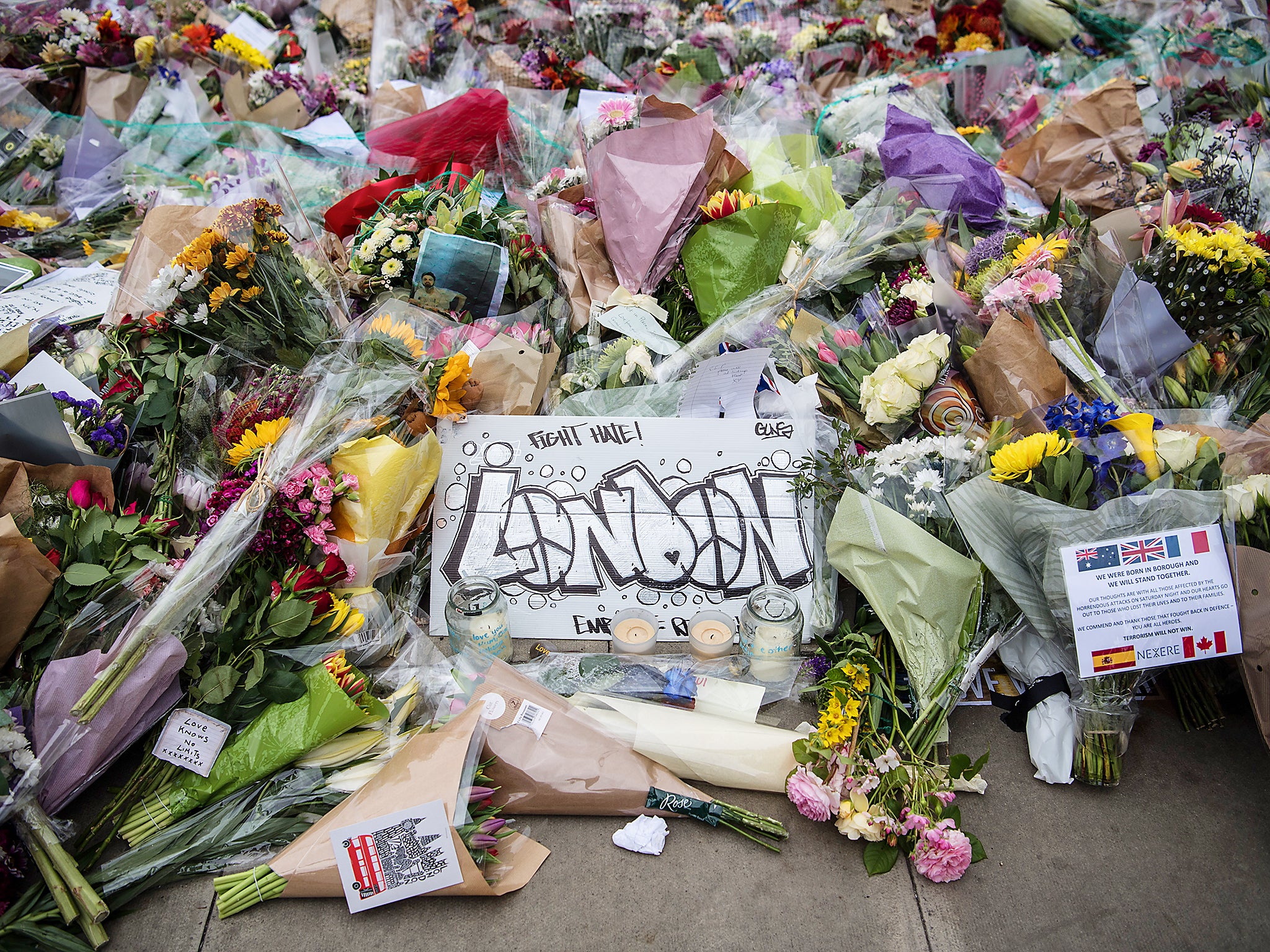Isis propagandist who linked terrorists with Amaq 'news agency' arrested in Germany
Prosecutors say Syrian man sent to Germany to liase between propaganda agency and supporters

An alleged Isis militant accused of linking terrorists in Europe to the group’s propaganda agency has been arrested in Germany.
The federal prosecutor’s office said the 23-year-old Syrian man, named only as Mohammed G, arrived in the country at the height of the refugee crisis in September 2015.
A spokesperson said Mohammed G was “strongly suspected” to be a member of Isis, adding: “He arrived here as a contact person between the Isis-linked news agency Amaq and potential attackers from the terrorist group.
“Specifically, Mohammed G had been in contact with a person who committed an arson attack on a Shia community centre in Sweden on 11 October, by mid-September at the latest.
“One day after the attack, the accused demanded a personal claim of responsibility from his contact person.
“The reason for this was that Amaq did not want to publish a report on the attack without such evidence.”

The arsonist, a man in his 30s who was arrested in Sweden on terror charges, complied and claims of responsibility were published by Amaq and in Isis’ al-Naba propaganda newspaper.
Experts were surprised at the claim’s appearance, as the attack in Malmo had barely made national news, leaving only smoke damage and smashed windows from Molotov cocktails.
But Isis propaganda hailed the attack by a “soldier of the Islamic State” – a phrase frequently used for deadly terror attacks – and said it targeted “infidels”.
The terrorist group, which claims to base its ideology on Sunni Islam, is waging attacks on Shia Muslims around the world after declaring them to be heretics.
The firebombing was the first attack claimed by Isis in Sweden, being followed by a lorry attack that killed five people in central Stockholm in April.
German prosecutors did not detail Mohammed G’s links with any other attacks, but said he also “spreads propaganda for Isis in various online chat groups”.
Several Isis members have been arrested since the start of the refugee crisis in Germany, which has suffered three terror attacks in the past year, including militants deployed from Syria to carry out a foiled bombing plot.
The latest case is the first official confirmation of suspicions that Isis waits for communication from terrorists in Europe to claim responsibility for attacks.
It has been accused of opportunistically or falsely linking itself to atrocities, but no investigations have so far disproved Isis’ claims and analysts say it is in the group’s interest to maintain Amaq’s apparent credibility.
The outlet frequently uses the phrase “source to Amaq agency” to preface early claims.
It was assumed to be a largely irrelevant point of style, but the German investigation suggests the caveat may indicate an attacker has communicated directly with Isis propagandists.
Some perpetrators are known to have sent final messages to the group’s members, while others have recorded videos that are subsequently published by Isis.
The Malmo attacker allegedly claimed he was following the instructions of late Isis spokesman Abu Muhammed al-Adnani, who was killed in a drone strike in Syria last year.
His calls to launch terror attacks against the West have been linked to a series of atrocities, including the Orlando shooting, Nice attack and murders of a French police officer and his wife.
Amaq, one of several propaganda outlets linked to the terrorist group, is normally the first to issue brief statements and operates websites, social media accounts, a phone app and channels on the encrypted Telegram messaging service - in multiple languages.

Its accounts are frequently taken down but resurface quickly to continue spreading Isis’ message on both foreign terror and battles in Iraq and Syria, publishing text, photos and footage.
Amaq has carried claims of responsibility for Isis after attacks including in London Bridge, Manchester, Westminster, Paris, Berlin, Baghdad, Kabul and across the world.
The founder of the outlet, Rayan Meshaal, was reportedly killed alongside his daughter in an air strike last month.
His brother said the propagandist “achieved martyrdom” in al-Mayadin, Deir Ezzor province, where Isis is battling troops loyal to Bashar al-Assad and being bombed by the US-led coalition.
The terrorist group’s media outlets did not acknowledge the death, which came as it continues to suffer huge territorial losses in Syria and Iraq, where the Mosul offensive is near its end.
The US-backed Syrian Democratic Forces coalition is also advancing on Raqqa, Isis’ largest remaining stronghold in Syria, as humanitarian groups caution over the threat of huge civilian casualties.
Analysts have warned that Isis will increasingly use terror attacks as a means of maintaining momentum as its proto-state shrinks on the ground.
Isis’ annual call for increased attacks in Ramadan last month has been followed by the London Bridge attack, an advance by allied militants in the Philippines, bombings in Iraq, Jakarta and Tehran, a massacre of Coptic Christians in Egypt and a deadly hostage-taking in Melbourne.
Join our commenting forum
Join thought-provoking conversations, follow other Independent readers and see their replies
Comments
Bookmark popover
Removed from bookmarks